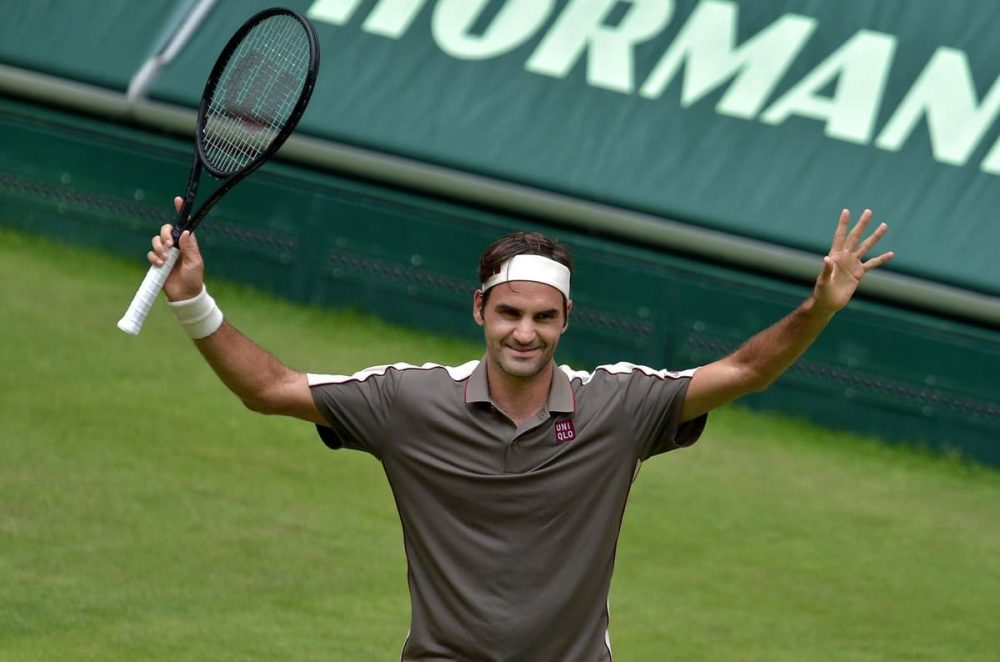Diet is crucial to the longevity of a player’s career. Roger Federer has attributed at least part of his own career to his diet, with Business Insider highlighting his meal of light pasta that he has consumed before every match over the last 20 years. Professional athlete diets are not arbitrary, and are instead a closely devised system that encompasses everything they need nutritionally. Part of this is supplementation, which can help to boost your performance in a serious way.
Protecting the body
Tennis is a deceptively difficult sport when it comes to impact on the body. A systematic review of tennis injuries conducted by the British Journal of Sports Me dicine, 2006, noted the link between inflammation and tennis injuries. Supplementation can help to prevent this and prevent long-term injury. Antioxidants such as glutathione and N-Acetyl-Cysteine are effective in preventing inflammation, and can be found in supplementation form or naturally occurring in sulfur-rich vegetables like kale and garlic.
Enhancing recovery
With the body protected, it falls to supplementation to find ways to help aid your recovery. Tennis players can benefit particularly from probiotics, which encourage the gut to develop healthy bacteria which aid in digestion, elimination of toxins and improved immune function. All of these effects will aid against inflammation and other causes of slow recovery, according to Be Well Natural Medicine.
Improving performance
During the match itself, certain supplements can help to improve performance. Preventing inflammation and pushing back the onset of fatigue is the job of glutathione and probiotics; giving a boost to performance on the day is a job for supplements such as L-arginine. According to the Office of Dietary Supplements, studies conducted into the efficacy of L-arginine in tennis and martial arts athletes found a promising connection between mental acuity, athletic performance and overall relative success in their sport. Focus on supplements that boost the availability of energy to your body, and ones that help to reduce stress on your body in order to allow you to play for longer. That means you’ll always have energy to call on, even in the most competitive of rallies.
Diet is number one, but supplementation can give that little push forward. This is especially important for amateur or semi-pro tennis players who don’t necessarily follow the strictest or most pin-point diet. Finding the right combination from your food and supplements will help you to achieve your own potential.















